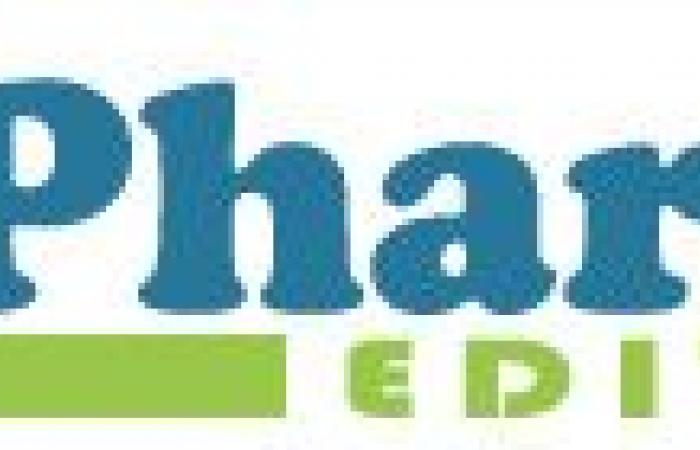Bioxodes, a biopharmaceutical company in the clinical phase developing new therapies dedicated to the prevention and treatment of thrombotic and inflammatory diseases, has recruited the first 16 patients (out of 32) for the open, randomized and controlled phase 2a clinical trial of its main active ingredient BIOX-101 in patients affected by intracerebral hemorrhage.
The treatment of the first 16 patients will result in an interim analysis, in accordance with the trial protocol. The data from these patients will be made available to investors under conditions of confidentiality, as is already the case with the data currently available on the first patients. BIOX-101 is a new patented drug candidate, a peptide developed by Bioxodes from a protein discovered in tick saliva.
“We have reached a crucial point in the development of BIOX-101, which we are confident can save lives and improve quality of life by preventing sequelae in patients affected by intracerebral hemorrhage, a devastating condition for for which there is currently no treatment. We look forward to the full interim analysis report of the first 16 patients in March next year,” said Marc Dechamps, CEO of Bioxodes.
The BIRCH trial will include a total of 32 patients, of which 24 will receive BIOX-101 and 8 will receive standard treatment. In this study, BIOX-101 is administered intravenously within the first hours after symptoms appear. This trial is being carried out in 10 stroke treatment units in Belgium, under the direction of Professor Robin Lemmens, head of clinic at Leuven University Hospital and a world authority on stroke.
Only 13% of strokes are classified as brain hemorrhages, however, they account for 40% of all deaths leaving many survivors with permanent or long-term disability. Standard treatment mainly consists of monitoring and stabilizing patients, without using anticoagulant drugs, which could worsen bleeding.
Intracerebral hemorrhage is considered an orphan disease in the United States and Europe. Drugs developed to treat orphan diseases often have relatively rapid and cost-effective routes to market compared to drugs intended for other pathologies. Bioxodes filed for orphan drug status in the United States and Europe this month, which could result in a response from regulators in those two territories in the first quarter of 2025. At the same time, the company is is preparing to ramp up production of BIOX-101 for a possible international Phase 2b trial for registration purposes, for which it plans to begin enrollment in the first quarter of 2027.
Developed from a protein found in tick saliva 1, BIOX-101 is designed to reduce secondary brain damage that occurs after a hemorrhagic stroke. BIOX-101 prevents the formation of blood clots without increasing the risk of bleeding. In addition, it prevents acute neuroinflammatory events associated with intracerebral hemorrhages, by inhibiting the activation of neutrophils, a type of white blood cell, which often constitutes the first reaction of the inflammatory system. BIOX-101 is also in preclinical development to create a platform for the treatment of other pathologies, including ischemic stroke and other thrombo-inflammatory diseases.
Source : Bioxodes






